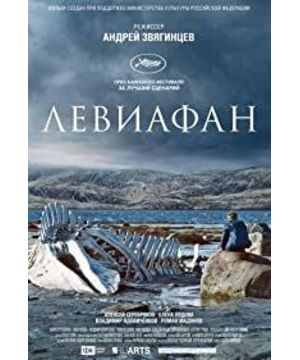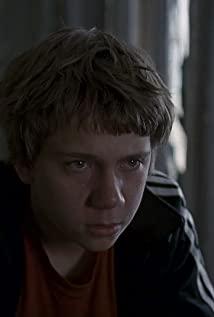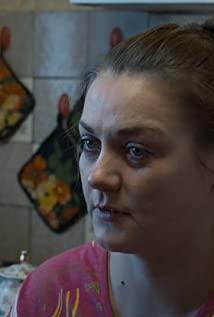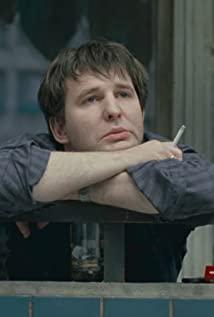Leviathan (The Ridiculous Apocalypse) (2014) is probably the best Russian film since Morphine (2008). If the interpretation of the film is limited to the superficial system, the crushing of individuals by religion, and the Russian-style forced demolition, it will be a result of the director's painstaking efforts: the suppression and strangulation of women in a male-dominated society is the real theme.
As Camus said, "There is only one really serious philosophical problem, and that is suicide." Suicide is the denial of the meaning of individual existence and of the society in which the individual lives. Why did the heroine go to the "sea of anger" and deny herself and the whole society? The boy made rude words to the stepmother and the heroine, and the hero slapped him, but he didn't go out yet, and the father and son played together without any qualms. Holding each other and digging their hearts out, the heroine's resentful eyes.
She woke up alone countless times, with nowhere to speak, and she tried to find solace in the lawyer. The first thing the lawyer thinks of is the guilt of his friend. Pushing away the heroine is actually pushing the heroine into the abyss: the The heroine has no choice but to go home and takes the initiative to show her favor to the hero: don't you want to have another child? The Lord refused, woke up in the morning on a whim, and raped the marriage, completely ignoring the feelings of the heroine. Then the boy cried for the heroine to get out. The hero hugged the child tightly.
The heroine has no blood to lose. The sea It is the coldest and softest embrace. The giant ocean beast in his eyes symbolizes the patriarchal society that devoured her: The Moscow lawyer, who always abandoned the heroine, the man who was wrongly sentenced, and the child who spoke ill of the heroine, are all murderers who "killed" the heroine. The film is calm, reserved, and affectionate, and the profound cultural heritage of Russia spews out.
View more about Leviathan reviews











